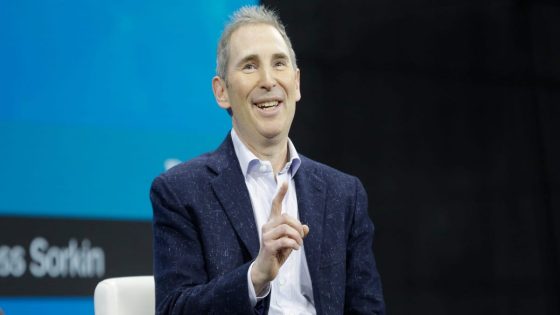The rising costs of healthcare are a pressing global issue, with the recent case of Revlimid highlighting the extreme price disparities in cancer treatment. David Armstrong’s personal experience with multiple myeloma and the exorbitant price of this drug, which costs $1,000 per pill, raises critical questions about the ethics of pharmaceutical pricing. On May 11, 2025, he shared insights into how such costs are justified, revealing a complex web of legal and corporate strategies.
- David Armstrong's personal cancer journey
- Revlimid costs $1,000 per pill
- Manufacturing cost is only 25 cents
- Legal tactics delay generic drug competition
- Celgene raised prices 26 times since 2005
- Patient advocacy plays a crucial role
Armstrong’s investigation into Revlimid, a derivative of thalidomide, uncovers shocking truths: it costs only 25 cents to manufacture each pill. This stark contrast between production costs and retail pricing prompts a deeper examination of the healthcare system’s structure. How can a life-saving drug be priced similarly to luxury electronics? The answers lie in legal loopholes and strategic delays that protect profits at the expense of patient access.
This situation prompts US to consider the broader implications of pharmaceutical pricing strategies. Are patients’ lives being compromised for profit? The ramifications extend beyond individual cases, affecting healthcare systems globally.
- High drug prices are a barrier to treatment in both developed and developing nations.
- Legal protections for drug manufacturers can stifle competition and innovation.
- Patient advocacy is crucial in pushing for more transparent pricing practices.
- Global health policies must adapt to ensure equitable access to medications.
As we look to the future, it is imperative that governments and organizations collaborate to create fair pricing models that prioritize patient welfare over profits. The time for change is now.
































